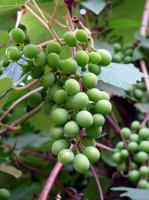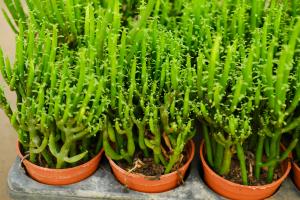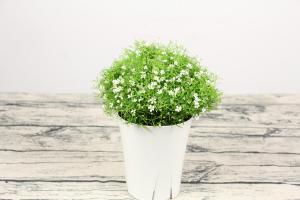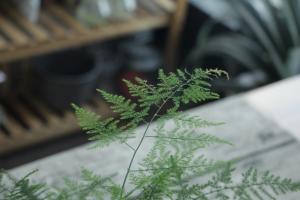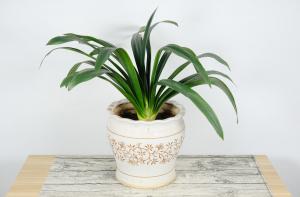Can You Use Pasta Water on Plants?
As people become more conscious about the impact they have on the environment, they look for ways to repurpose various materials. One such item that people may question reusing is pasta water. After all, it is simply water with salt and starch, right? Can you use pasta water on plants, or is it harmful to them?
The Benefits of Pasta Water on Plants
Surprisingly, using pasta water on plants can be beneficial. The starch in the water can help promote growth, and the salt can provide essential nutrients. Additionally, using pasta water can help you save money on gardening supplies; instead of buying plant food or fertilizer, you can use something that would otherwise go to waste.
When to Use Pasta Water on Plants
While pasta water can be a helpful tool in gardening, it is not a one-size-fits-all solution. There are specific instances when you might want to use pasta water and times when you should avoid doing so.
Firstly, when using pasta water, it’s essential to consider the plant’s needs. Some plants are salt-sensitive and may suffer damage if you use water that’s too salty. For these plants, you should avoid using pasta water.
Secondly, if your garden soil already contains high levels of salt, it’s best to avoid using pasta water. Excessive salt buildup can harm plants rather than help them. In this instance, it’s better to use fresh water or rainwater.
Finally, you should only use plain pasta water on plants. If you’ve cooked pasta with a sauce or additives, these ingredients may contain substances that could harm plants. Use plain pasta water to ensure that you’re not introducing harmful chemicals to your garden.
How to Use Pasta Water on Plants
If you’ve decided to use pasta water on your plants, it’s straightforward to do so. After cooking pasta, let the water cool before transferring it to a container. Use the water to water your plants as you would regular water. Once you’re done, discard any unused pasta water.
It’s also important to note that you shouldn’t rely solely on pasta water to fertilize your plants. While it can be a useful tool, it shouldn’t be a replacement for regular watering and other gardening practices.
Conclusion
In conclusion, using pasta water on plants can be a helpful tool for gardening. It can provide essential nutrients and promote growth, all while helping you save money on gardening supplies. However, it’s crucial to use plain pasta water, not excessively salty water, and avoid using it if your soil already contains high salt levels. With proper use, pasta water can be an eco-friendly addition to your gardening routine.

 how many times do yo...
how many times do yo... how many planted tre...
how many planted tre... how many pine trees ...
how many pine trees ... how many pecan trees...
how many pecan trees... how many plants comp...
how many plants comp... how many plants can ...
how many plants can ... how many plants and ...
how many plants and ... how many pepper plan...
how many pepper plan...
